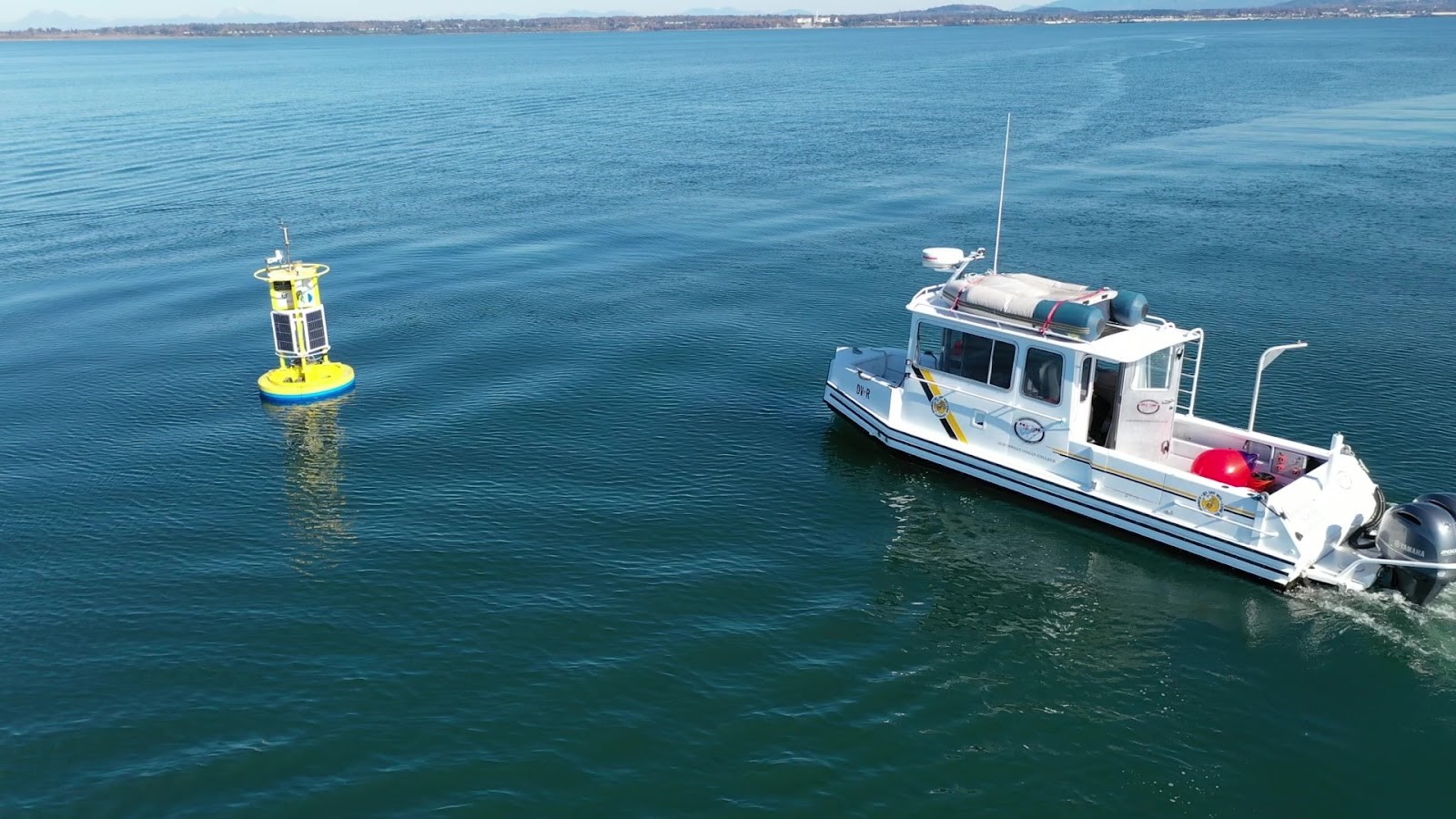This project investigates the interactive effects of acidification, warming, and nutrients on three economically important harmful algal bloom (HAB) species in the Salish Sea. Spanning the western U.S.-Canada border, the Salish Sea is one of the most productive estuaries in the U.S. due to the mixing of riverine inputs with California Current System seawater. HABs that occur regularly along the U.S. west coast are responsible for frequent closures of Dungeness crab and shellfish harvests and cause massive mortalities of wild and aquacultured shellfish. This work will expand Salish Sea HAB monitoring to include measurements of acidification, assess the effects of changing environmental conditions on HABs in the Salish Sea, and provide early warning of potential impacts to commercial, recreational, and subsistence seafood resources.

Why We Care
The Pacific Northwest region is sensitive to ocean warming and experiences extreme acidification (low pH and high pCO2) conditions. The Salish Sea may have increasingly favorable growth conditions for HABs with climate change, and the potential for interactions of acidification and HABs in this important shellfish and crab harvesting area is an immediate concern for commercial, recreational, and subsistence harvesters.
What We Are Doing
This project investigates the interactive effects of acidification, warming, and nutrients on three economically relevant HAB species (Pseudo-nitzschia australis, Protoceratium reticulatum, and Alexandrium catenella) in the Salish Sea. The project will include field surveys of pH and pCO2 at eight sites, augmenting two ongoing efforts to monitor HABs and acidification (SoundToxins & NANOOS) in this region. The addition of carbonate chemistry measurements to current monitoring efforts will provide data to evaluate the effects of acidification on HABs in the Salish Sea. Laboratory culture experiments will evaluate the direct impact of pH and pCO2 on growth and toxin production rates of the three HAB species, and factorial experiments will determine the effects of multiple stressors (temperature, pH, and nutrient sufficiency) to identify which combinations of stressors pose the greatest risk to Salish Sea shellfish, economies, and human health.
Impact/Benefits of our Work
The project team will develop an early warning dashboard for regional managers to assess the risks of acidification and HABs to coastal resources. Outreach and education efforts will build on established partnerships between academic, research, tribal, commercial, and state entities to address clearly identified stakeholder needs including improved resource management and the health and safety of seafood.
Dr. Melissa Peacock of Northwest Indian College leads this project. Co-investigators are Dr. William P. Cochlan of San Francisco State University, Dr. Vera Trainer of NOAA’s National Centers for Coastal Ocean Science, Dr. Simone Alin of NOAA’s North Pacific Marine Environmental Laboratory, Dr. Teri King of Washington Sea Grant, and Dr. Jan Newton of the University of Washington.
The project is funded through the NCCOS Competitive Research Program, in partnership with NOAA’s Ocean Acidification Program.
